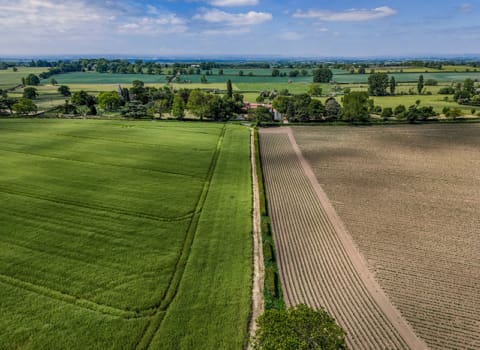Contact our offices
Main office
COLBURN
5 & 6 BAILEY COURT
COLBURN BUSINESS PARK
RICHMOND
NORTH YORKSHIRE
DL9 4QL
Estate Agency Offices are located in
BARNARD CASTLE, BOROUGHBRIDGE & RICHMOND
Residential Management Team
Our Offices
- Alnwick
01665 568310
Email Officealnwick@gscgrays.co.uk - Barnard Castle
01833 637000
Email Officebarnardcastle@gscgrays.co.uk - Boroughbridge
01423 590500
Email Officeboroughbridge@gscgrays.co.uk - Chester-Le-Street
0191 3039540
Email Officechester-le-street@gscgrays.co.uk - Colburn
01748 897630
Email Officecolburn@gscgrays.co.uk - Driffield
01377 337180
Email Officedriffield@gscgrays.co.uk - Hamsterley
01388 487000
Email Officehamsterley@gscgrays.co.uk - Hexham
01434 611565
Email Officehexham@gscgrays.co.uk - Kirkby Lonsdale
01524 880320
Email Officekirkbylonsdale@gscgrays.co.uk - Penrith
01768 597005
Email Officepenrith@gscgrays.co.uk

Farming – Market Update
In a week which saw widespread protests from the farming industry, many are asking the obvious question. What can be done to protect the British farming industry from falling prices?
Farm leaders have announced an emergency summit to discuss the problems in the dairy and livestock sectors which have left many farmers facing financial devastation. The low price paid to British milk producers has fallen again this week with dairy co-op, First Milk, announcing their A milk price will fall another 0.5p/litre from 1 August. Farmers in each of First Milk’s seven supply groups will now be paid less than 20p/litre for their A milk. The co-op chairman, Sir Jim Paice, has blamed the continued drop in prices on growing global production and a sustained weak demand for dairy products. First Milk’s news follows a sequence of earlier price cuts from the leading milk buyers.
Dairy farmers took the fight to the supermarkets in the form of ‘clear the shelf’ protests, whereby farmers bought all the milk from targeted supermarkets in bulk, leaving shelves empty and customers unhappy. With most dairy farmers now being paid below the cost of production, many are calling for a government intervention to protect the industry from complete collapse.
The NFU president Meurig Raymond said:
“The market situation in dairy, lamb and many other products is driving farming families to a desperate state with returns from the market failing to cover costs of production. Farmers have worked very hard to gain the respect and support of the public for great British food – now farmers simply want and need a fair return for years of investment.”
Lamb prices followed the same pattern as frustrations grow with the lamb supply chain. Whilst the UK is the largest lamb producer in Europe, the market prices for new season lamb remain well behind the 2014 levels. To enable the British lamb industry to prosper, the industry is calling for suppliers to give greater transparency and clarity on lamb sourcing, establish better relations with producers and ensure that labelling is clear. This, coupled with a strong marketing campaign is needed for British lamb to remain on our supermarket shelves.
Whilst national incentives may deliver short term price increases, focus will remain, as ever, sharply focused on cost of production and global competition.
For further information on food and production costs, statistics can be found in the July 2015 Farming and Food Brief produced by DEFRA at;
[team-member name=”John Wallis”]









